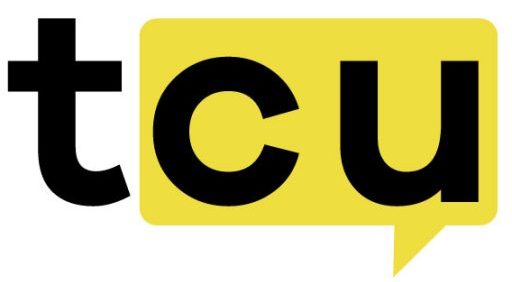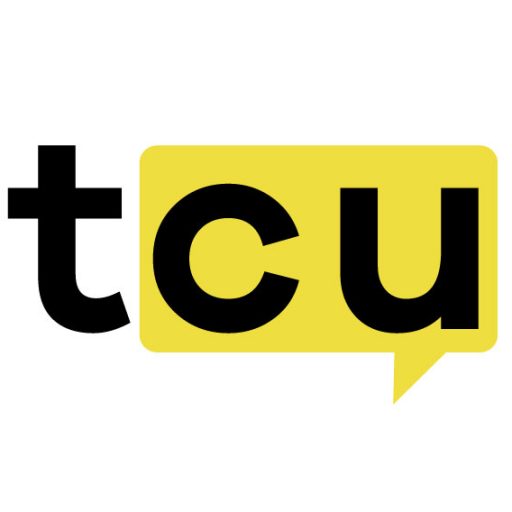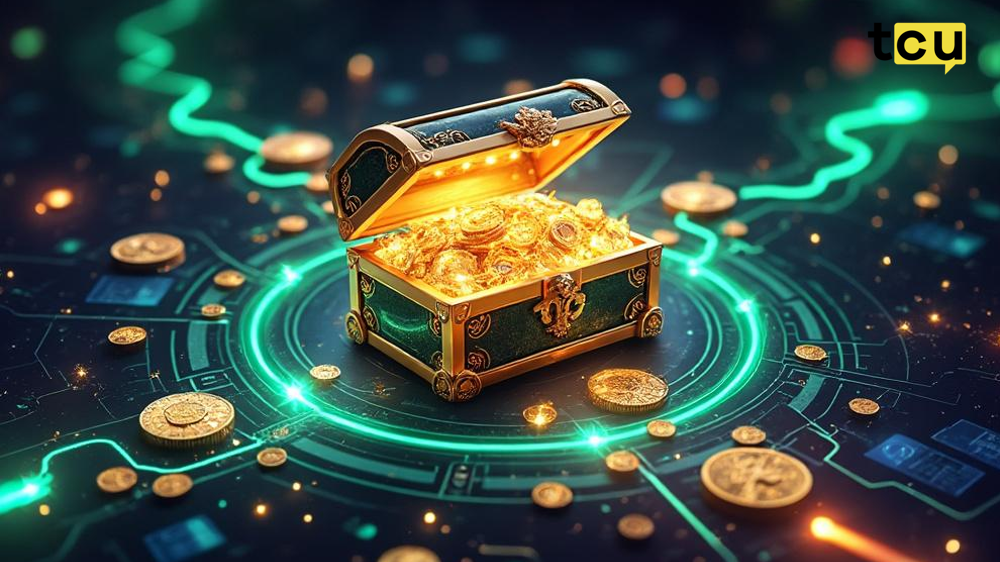Magic Eden’s revenue allocation strategy
Magic Eden has made a significant move by committing 30% of its secondary marketplace revenue to automatic buybacks. This isn’t just a temporary promotion—it’s built into their ongoing business model. The platform will use this portion of earnings to purchase assets directly from the market, which could potentially create scarcity and support prices.
I think what’s interesting here is the timing. The NFT market has been through some rough patches lately, and this feels like a deliberate attempt to build confidence. It’s not just about making money for Magic Eden—they’re trying to create a more stable environment for everyone using their platform.
How the buyback mechanism works
The process is automatic, which means it happens without manual intervention. Every time someone makes a secondary market transaction on Magic Eden, 30% of the revenue from that sale gets funneled into this buyback pool. It’s continuous rather than happening at specific intervals.
But here’s the thing—automatic systems can be both a blessing and a curse. When the market is doing well, there’s more revenue flowing in, which means more buyback activity. However, during slower periods, the buyback amounts would naturally decrease. This creates a sort of built-in volatility in the program itself.
Potential benefits and concerns
For NFT holders, this could mean better price support for their assets. When there’s consistent buying pressure from the platform itself, it might help prevent dramatic price drops. It also signals that Magic Eden is invested in the long-term health of their marketplace ecosystem.
Though I wonder about the practical implementation. Which assets will they prioritize buying? Will it be based on volume, popularity, or some other metric? The article doesn’t really clarify this, and it’s an important detail that could determine how much individual collectors benefit.
There’s also the question of whether this creates an artificial market. If the platform is consistently buying its own listed assets, does that distort the natural price discovery process? It’s something worth thinking about.
Marketplace competition and implications
This move puts pressure on other NFT marketplaces to consider similar programs. Magic Eden is essentially saying they’re willing to share a substantial portion of their revenue back into supporting asset values. That’s a pretty strong value proposition for creators and collectors.
However, I’m not entirely convinced this is completely revolutionary. We’ve seen token buybacks in the crypto space before, and the results have been mixed. The NFT market has its own unique dynamics that might respond differently.
What’s clear is that Magic Eden is trying to differentiate itself in a crowded marketplace. By committing to this program, they’re betting that supporting asset values will attract more users and transactions in the long run. It’s an interesting experiment that other platforms will likely be watching closely.
For now, it’s probably wise to see how this plays out over the next few months. The real test will be whether this creates sustainable value or just temporary price support. Either way, it’s a notable development in how NFT marketplaces are evolving their business models.
![]()


